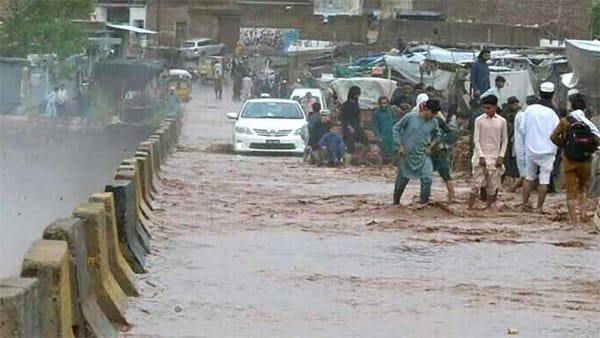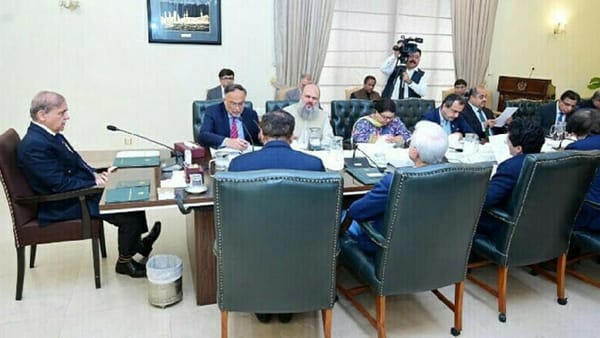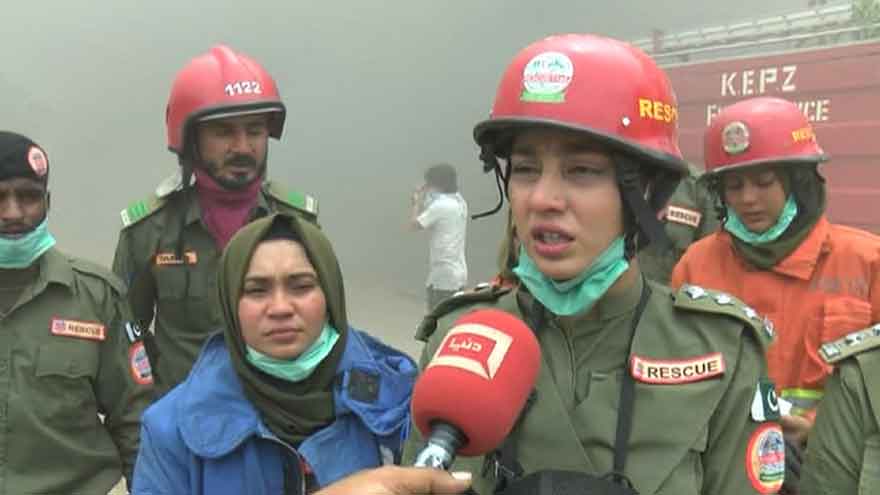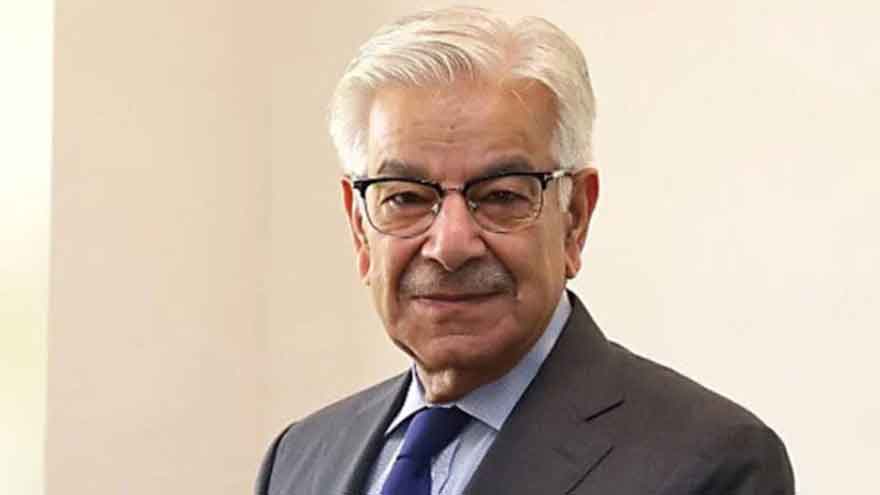Toshakhana Case: Judge Cuts Off Cross-Examination, Summons Khan and Wife for 342 Statements in Pakistan
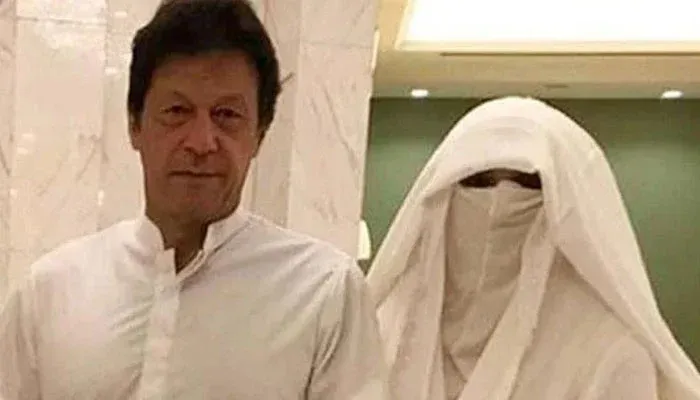
In a significant development in the ongoing Toshakhana reference case against Pakistan Tehreek-e-Insaf (PTI) founder Imran Khan and his wife Bushra Bibi, the accountability court in Islamabad abruptly terminated the right of their lawyers to cross-examine prosecution witnesses. The court also summoned the accused for a total of 342 statements, raising concerns about a potential fast-tracking of the trial.
Judge Halts Cross-Examination: Presiding Judge Muhammad Bashir made the unexpected decision to cut off cross-examination by Khan and Bibi's lawyers, Salman Safdar, Shehbaz Khosa, Usman Gul, and Chaudhry Zaheer Abbas, amid accusations of delaying tactics. Despite the prosecution's presentation of 16 witnesses and rebuttal attempts by the defense, only five witnesses had been fully cross-examined before the judge's intervention.
342 Statements: Adding to the drama, the court announced the summoning of both Khan and Bibi to record their statements on a cumulative 342 statements made by prosecution witnesses. This large number, coupled with the sudden limitation on cross-examination, raises questions about the potential for a rushed and potentially unfair trial process.
Change of Counsel Attempt: Further complicating the proceedings, Khan once again filed a request for a change of counsel through lawyer Chaudhry Zaheer Abbas. This marked the tenth such attempt by the defense, prompting strong objections from the prosecution, who accused them of deliberately delaying the case.
Prosecution Raises Concerns: Prosecution lawyer Amjad Pervez argued that the repeated change of counsel was a clear attempt to stall the trial. He pointed out that witnesses had appeared in court multiple times without facing proper cross-examination, hindering the case's progress.
Uncertainty Ahead: The court's decision to restrict cross-examination and the large number of statements to be recorded have cast a shadow over the transparency and fairness of the Toshakhana trial. While the prosecution argues for expedience, concerns about due process and a potential rush to judgment remain at the forefront.

